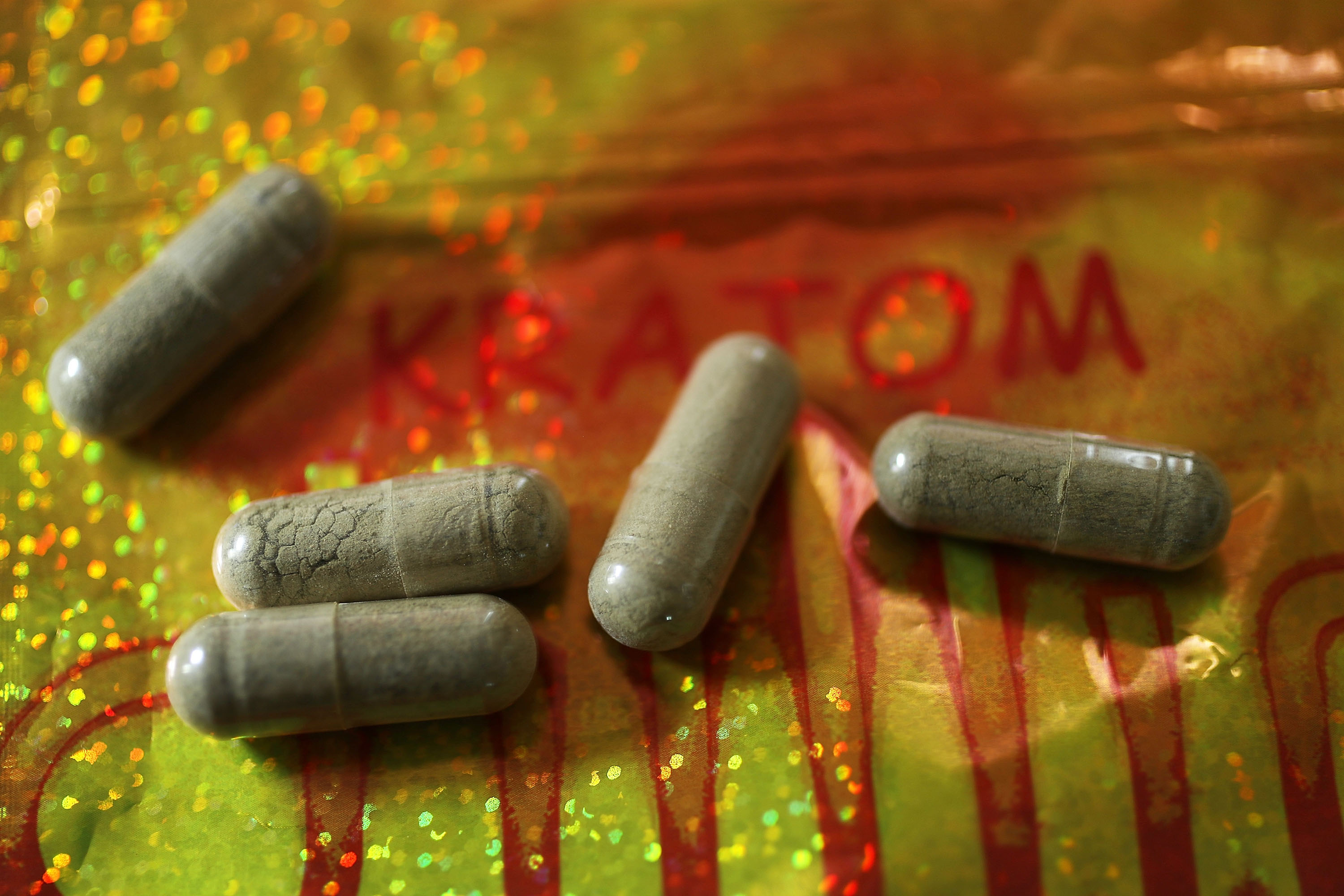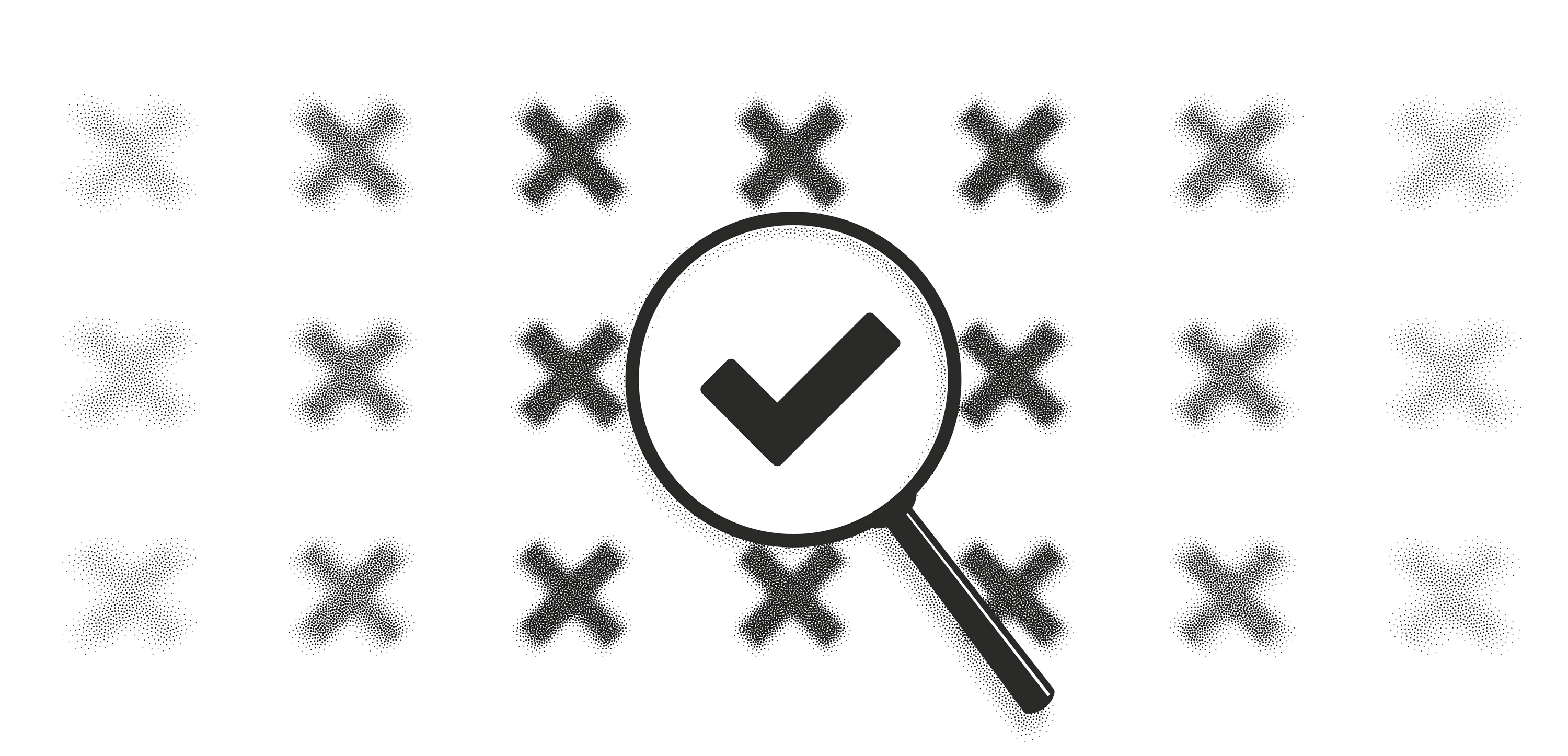Signs Of Needing A Higher Hrt Dose

Hormone replacement therapy (HRT) is a prescription medication to help relieve symptoms of menopause. HRT contains artificial estrogen and progesterone to replace the hormones the ovaries are no longer producing.
Experts recommend that people start on the lowest dose of HRT to help minimize potential risks or side effects of the medication. If lower doses of HRT are ineffective at relieving symptoms, people may need a higher dose.
People may need a higher dose of HRT if they are still experiencing menopause symptoms with the medication.
Menopause symptoms may improve within a few days or weeks of starting HRT. If HRT does not effectively relieve symptoms after 3 months of being on HRT, people may need an increase in dosage.
A doctor may advise waiting 3 months between each dosage increase to see if that dose is high enough to control symptoms. After this time, a doctor will assess the symptoms, their severity, and any HRT side effects. If the dose is still ineffective, a doctor may suggest a higher dose or an alternative treatment.
The main indication of HRT is to treat vasomotor symptoms of menopause. Vasomotor symptoms are a type of temperature dysfunction that can occur with menopause and include hot flashes and night sweats.
If people are still experiencing these symptoms or other symptoms of menopause, such as vaginal dryness, it may mean they need a higher dose.
HRT replaces hormones, which decrease during menopause. HRT usually consists of estrogen and progesterone. HRT approved by the Food and Drug Administration (FDA) helps treat symptoms of menopause, such as hot flashes and night sweats, and prevent osteoporosis.
People may take HRT orally, in tablet form, or transdermal options, such as patches, in which the body slowly absorbs the drug through the skin.
People may take HRT throughout the transition to menopause, from perimenopause to early postmenopause or beyond.
Doses of HRT can vary for each person. The recommended dosage for HRT is the lowest effective dose for each individual. This means that a doctor will prescribe the lowest dose that effectively relieves a person’s symptoms.
Taking the lowest effective dose of HRT may help minimize any potential risks and side effects of the medication. Estrogen dosages are available as the following:
- Ultra-low dose:
- 0.3 milligrams (mg) per day of conjugated estrogen
- 0.25 mg per day of micronized estradiol
- 0.014 mg per day transdermal estradiol
- Low dose:
- 0.45 mg per day conjugated estrogen
- 0.5 mg per day of micronized estradiol
- 0.025 mg per day transdermal estradiol
- Standard dose:
- 0.625 mg per day conjugated estrogen
- 1 mg per day of micronized estradiol
- 0.0375 to 0.05 mg per day transdermal estradiol
Finding the right dose of HRT for each individual can help provide effective relief from menopause symptoms. Potential benefits may include:
- reduction of menopause symptoms, such as:
- hot flashes
- night sweats
- sleep issues
- irritability
- brain fog
- relieving vaginal symptoms, such as dryness, thinning tissue, and painful sex
- bone protection, as standard-dose HRT can help prevent fractures
A higher dose may improve symptoms. A doctor will monitor symptoms and any side effects of the increased dose. People may experience symptom relief within a few weeks, but it may take several weeks or months to notice the full effects of the medication.
Higher doses of HRT may be more likely to cause side effects, so doctors generally start people on lower doses to assess whether it is effective for managing symptoms. Possible side effects of HRT include:
- breast tenderness
- nausea
- spotting or irregular bleeding
The HRT dosage is individual for each person, and some people may need higher doses than others for the medication to be effective.
If HRT does not effectively relieve menopause symptoms after 3 months of taking the medication, people may need a higher dose.
A doctor will review each increase in dosage after 3 months of use. Experts recommend taking the lowest effective dose of HRT to minimize potential risks and side effects.
If people are still experiencing menopause symptoms with HRT, they can talk with a doctor. A doctor may suggest a change in dose, a different treatment, or make a referral to a menopause specialist.



